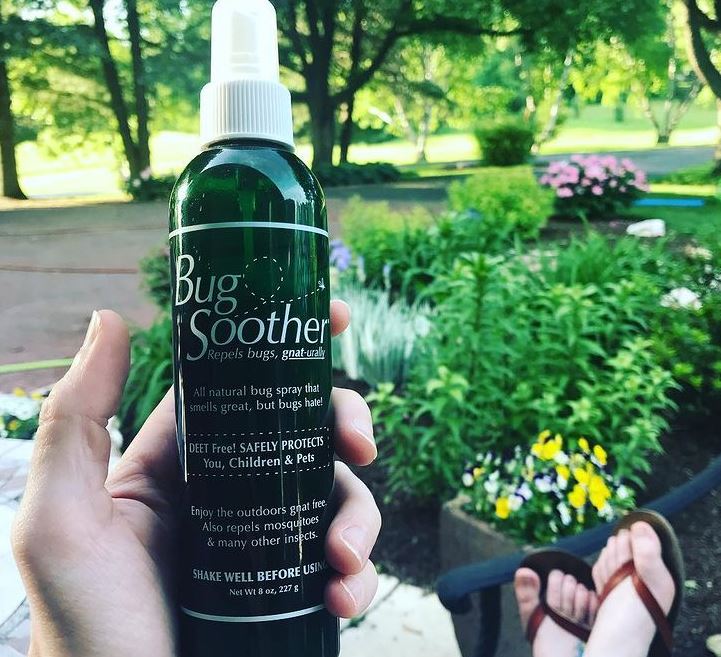Do you have a green thumb? Many people enjoy spending time in their garden, but sometimes pests can ruin the experience. In this blog post, we will discuss common bugs found in yards and gardens, as well as how to deal with them. We will also provide some tips on how to prevent bugs from invading your space in the first place!
- The most common bugs found in yards and gardens are pests such as mosquitoes, ticks, ants, spiders, and termites.
- Mosquitoes can carry diseases such as West Nile Virus, so it is important to take steps to prevent them from breeding in your yard.
- Ticks can transmit Lyme Disease, so checking yourself thoroughly for ticks after being outdoors is essential.
- If you have ants in your garden, try using boric acid powder to kill them without harming plants.
- Spiders are beneficial because they eat bugs like mosquitoes and flies, but some people prefer not to have them as yard mates. Gently remove webs with a broom and/or catch and release them into another outdoor environment.
- Termites can destroy wooden structures like decks or sheds, so it's best to call an exterminator right away if you find them in your yard.
Some bugs are beneficial for the garden. Ladybugs eat pests, like aphids, that attack plants and suck sap from leaves. In fact, a ladybug can eat up to 5,000 aphids over its lifetime! A few examples of ladybug-friendly plants are Calendula, Chives, Cilantro, Fennel, and Dill. Other insects that’ll help your garden thrive are praying mantis, green lacewing, bees, butterflies, and moths.
The bugs that are found in your garden may depend on where you live and what kind of plants grow there. Some common bugs include earwigs, slugs, and Japanese beetles in the eastern United States, while California is home to a variety of bugs such as stink bugs, leaf-footed bugs, and boxelder bugs.
If bugs are eating up your yard or garden, consider an organic approach to pest control. You can create a homemade insecticide by mixing baking soda with water and spraying it on bugs like aphids for example. If beetles are the problem, try using Neem oil as an insect repellent which will kill them off without harming beneficial insects. Keep in mind that chemical pesticides can kill both the good and bad bugs, so be choosy with what you spray in your garden beds.
Prevention is the best way to deal with bugs in your yard or garden. Here are 9 tips to keep them at bay:
- Keep your yard clean and free of debris like fallen leaves, wood piles, old tires, etc. which can provide a place for bugs to live and breed
- Plant flowers and herbs that attract bugs like ladybugs to your garden, which will help control pests
- Keep your lawn mowed and trimmed so bugs can't hide in tall grass
- Remove standing water where bugs like mosquitoes might breed. This includes bird baths, water tables, dog bowls, or garden buckets that collect rainwater, etc.
- Use Bug Soother to repel bugs from your skin and clothes when you are outdoors
- Inspect outdoor furniture, tents, and other gear for bugs before using them. Store gear in a sealed plastic bag and check periodically throughout the year
- If bugs persist, contact an exterminator who can help with pest control services
By following these tips, you can enjoy your yard or garden without having to worry about pesky bugs!



